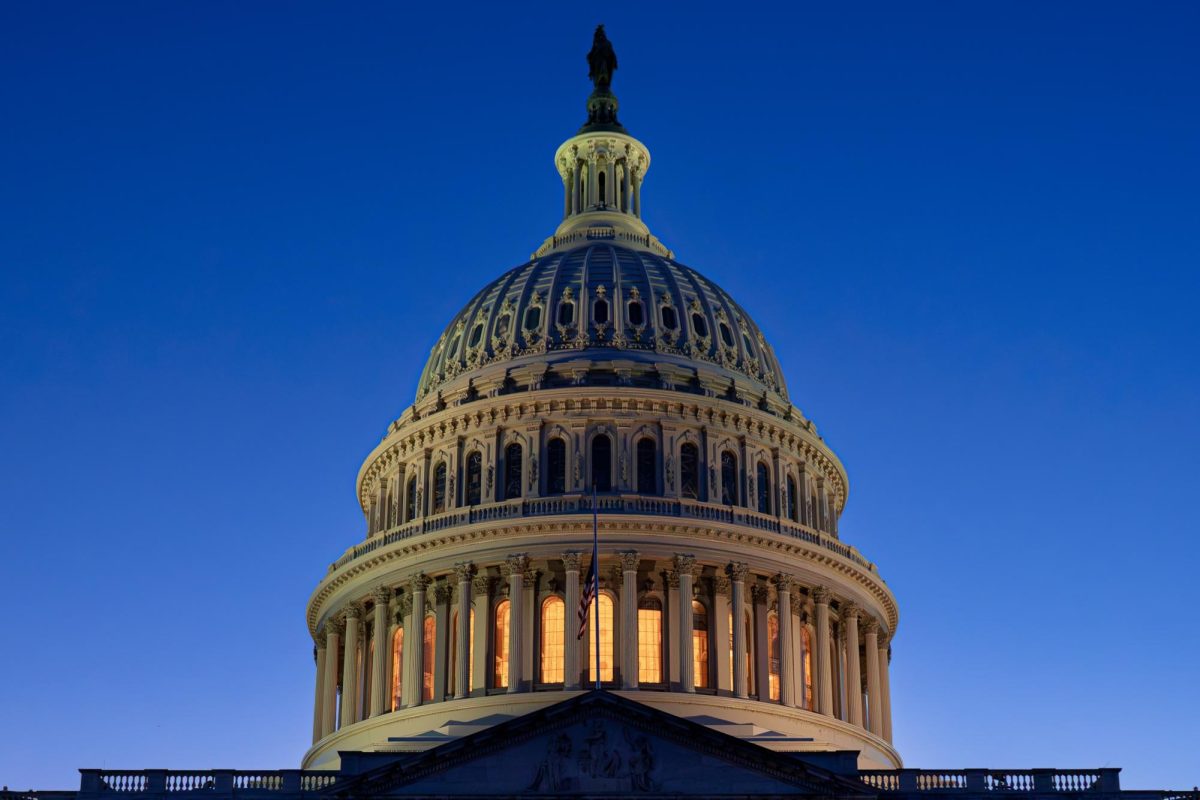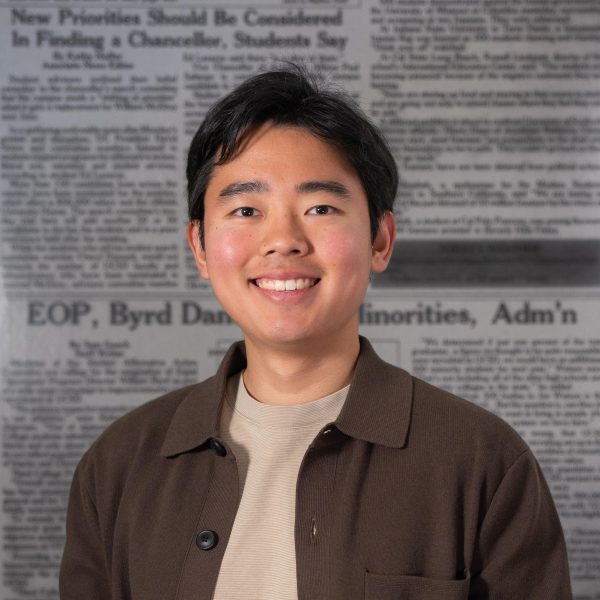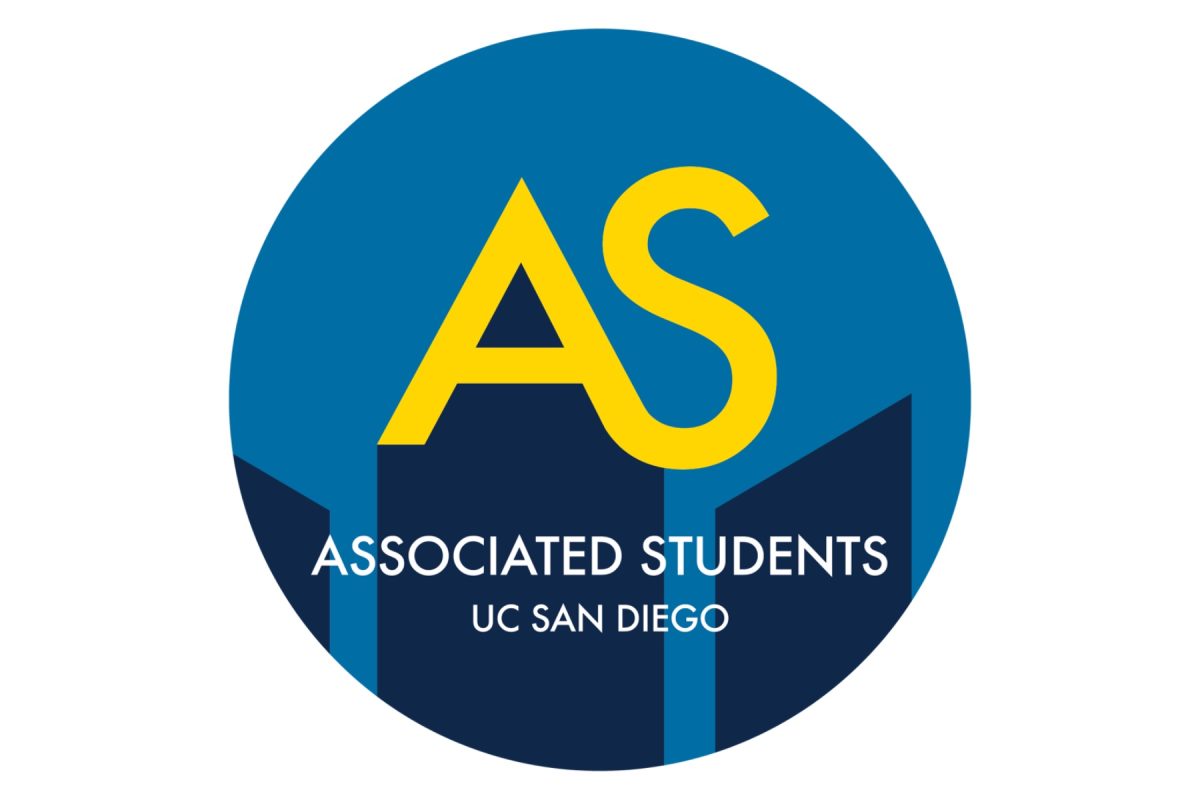Since his inauguration, President Donald Trump has issued several executive orders impacting federal funding allocations to United States research institutions, including hospitals and universities like the University of California. To ensure adherence to Trump’s orders, on Jan. 27, the U.S. Office of Management and Budget, which oversees all federal agencies and budgeting, released a memo requiring federal agencies to review all financial assistance programs and activities of research institutions.
However, on Jan. 28, a judge temporarily blocked action on this memo until Feb. 3, giving time to state agencies to prepare for the potential impacts of Trump’s policies. Since then, many research agencies, such as the National Institutes of Health, have limited funding to research programs and placed a freeze on ongoing projects to review their compliance with the new policies.
Compliance with the president’s policies are set by the OMB in its memo, which critiqued past federal financial priorities and set future funding guidelines. The allocation of funding to research involving themes such as “financial assistance for foreign aid, nongovernmental organizations, [diversity, equity, and inclusion], woke gender identity, and the green new deal” have been paused until the OMB reviews and provides further guidelines to federal agencies, which includes all government departments controlled by the executive branch.
Until the review is completed, the OMB’s memo has ordered all federal agencies to pause the following activities:
- Issuance of new awards
- Disbursement of federal funds under all open awards
- Other relevant agency actions that may be implicated by the executive orders
“These executive orders ensure that Federal funds are used to support hard working American families,” the memo read. “The [previous] use of Federal resources to advance Marxist equity, transgenderism, and green new deal social engineering policies is a waste of taxpayer dollars that does not improve the day-to-day lives of those we serve.”
This has led agencies such as the NIH and the National Science Foundation to flag several UCSD projects, putting their funding at risk. The NIH, which is a major contributor of federal funding to UC projects, announced on Feb. 7 that it would reduce indirect funding for resources such as equipment and facilities used for research from 28% to 15% of the rate that organizations receive NIH grants.
While the long-term impacts of the OMB’s actions are unclear, the University continues to provide weekly updates regarding the development of federal actions. On Jan. 28, Theresa A. Maldonado, vice president for research and innovation at the University of California Office of the President, issued a memo to the UC research community detailing how Trump’s executive orders may affect the UC system.
“We understand that these actions are increasing anxiety levels across the UC system and that many of you have important questions,” her memo read. “There is limited information at this point regarding how these actions will specifically impact the research enterprise. However, we are committed to keeping you informed about federal activities and advocating in support of UC’s research priorities.”
The UCSD Guardian contacted Chancellor Pradeep Khosla regarding UCSD’s response to the recent executive orders and their potential effects. On Feb. 11, his office provided the following statement:
“UC San Diego and the University of California are evaluating recent executive orders and agency guidance to understand their potential impact on our communities. Additionally, we continue to engage with policymakers, federal agencies, association partners and other higher education institutions to gather more information.”
On Feb. 3, in a post made on X, formerly known as Twitter, Darby Saxby, a professor at the University of Southern California, leaked a list of keywords separate from the OMB memo after allegedly being contacted by a program officer at the NSF.
Many UCSD researchers’ projects have been flagged and put on pause due to this list of banned words, which consists of words associated with DEI and considered not in compliance with recent executive orders, such as the terms “female,” “disability,” and “ethnicity.” Work containing these words will be flagged and manually reviewed by the NSF.
“This is a crisis for academic freedom & science,” Saxbe’s post read.
In response to The Guardian’s request for comment, a representative from the NSF confirmed the agency’s effort to implement recent federal directives.
“NSF is working expeditiously to conduct a comprehensive review of our projects, programs and activities to be compliant with the existing executive orders.”
The NSF also announced the potential impacts on future research:
“In particular, this may include, but is not limited to conferences, trainings, workshops, considerations for staffing and participant selection, and any other grant activity that uses or promotes the use of DEIA principles and frameworks or violates federal anti-discrimination laws.”
The NSF continues to update its website with new information regarding the impacts of Trump’s executive orders.
The San Diego community has shared its reactions to the leaked list of keywords in the San Diego subreddit.
“Women, female, females … but no men or males. What is the US coming to,” one post read.
Second-year Calvin Chen is a student researcher at the UC Institute of Global Conflict and Cooperation who is working on a Chinese innovation ecosystem mapping project. Chen spoke with The Guardian about the impact that the executive orders have had on his work.
“Around two weeks ago, we had a team meeting, and our boss basically told us that we had to pause the research because we got defunded, and they needed to look for another source of funding,” Chen said.
Chen’s program requires researchers to have native Mandarin reading and speaking skills, classifying the work as financial aid to foreign students. Implicated by Trump’s executive orders, the program was paused.
Chen was unable to continue his research until further notice.
“It was very frustrating because this was my only source of income, and I did not know what I was going to do to earn money anymore,” he said.
Through other unspecified sources of funding, Chen’s program was able to resume its research on Feb. 12. It remains unclear which programs will be affected, causing confusion among federal agencies on how to move forward following the pause on research funding dispersal.
Graduate student Noah Brown is currently in the BS/MS program at Scripps Institution of Oceanography studying physical oceanography. He recently applied for a Ph.D. program and is now concerned about the risks these orders pose to his future research.
“Due to these concerns of budget restrictions possibly coming down, I might not get into the program,” Brown said. “Basically, my [principal investigator] wouldn’t be able to fund my Ph.D.”
Brown is unsure of how to move forward.
“I can’t do anything at this point,” he said. “I’m just waiting to see how much is cut or see if we can get other grants as substitutes that would allow me to get that money.”












EPizzola • Feb 21, 2025 at 12:57 pm
I understand all of these Trumpian actions are a rouse for dismantling to the advantage of more power. Having worked as a manager on UCSD projects for years, I can attest that we were always charged with employing with fairness & competence. This was across the board. It demonstrates the Trumpian lack of understanding how to build strong foundations. They are miss using the term DEI & expropriating to cause damage. Our Universities, indeed our American culture is under systematic attack